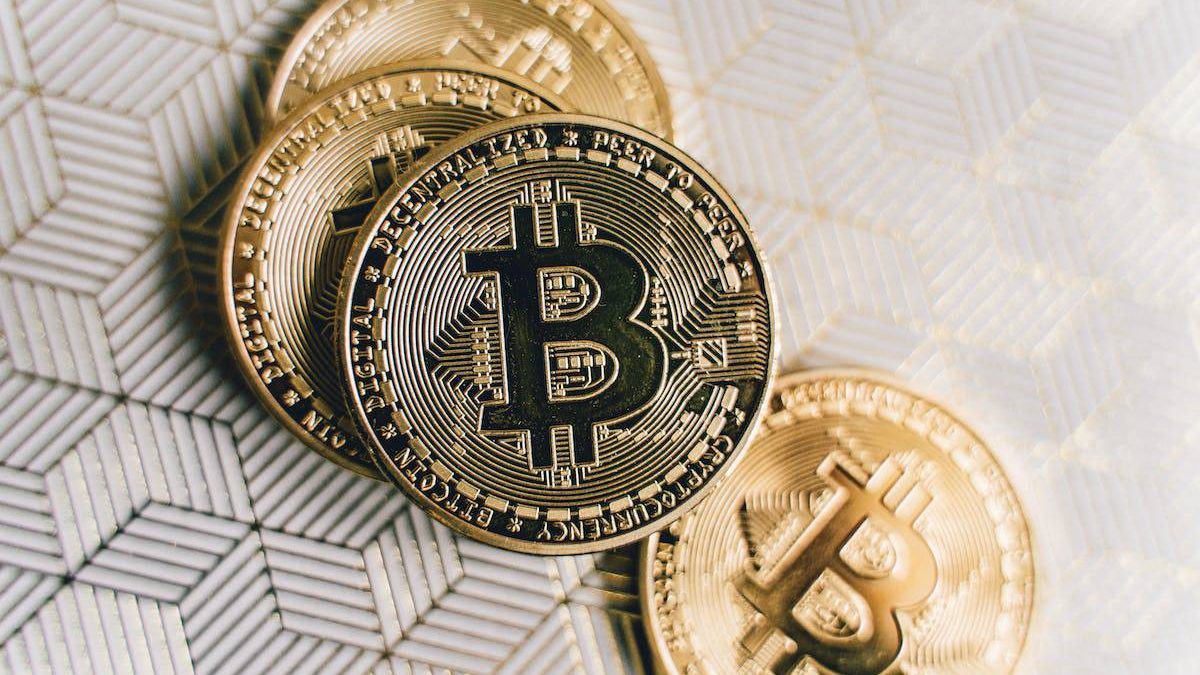Whether you’re the kind of person who values their privacy to an exceptional degree, or you’re content with just a sprinkle of anonymity, varying your approach is always a crucial step. There isn’t a ‘one-size-fits-all’ solution when it comes to the world of anonymous payment methods. Mixing and matching across a range of options can ensure your financial privacy stays respected.
Table of Contents
Cryptocurrency: A Misunderstood Entity
Taking the first spot on our list is the world of cryptocurrency. In the contrary to what mainstream media often suggests, cryptocurrencies in their pure form aren’t exactly the gateways to ultimate anonymity. The inherent nature of blockchain, the underlying technology of all cryptocurrencies, often devalues whatever privacy was assumed. Every transaction on most blockchains, detailing the date, amount, and wallet IDs of the sender and the receiver, is laid out in a public playground for all who care to explore. Although the IDs don’t inherently entail your personal identity, someone, somewhere, might be able to mash up these details with existing data to identify potential sender and receiver. Furthermore, legal regulations in various countries require many cryptocurrency wallets and cryptocurrency exchanges to collect clients’ ID information, blurring the vision for a private cryptocurrency environment. Nonetheless, cryptocurrencies do hold a tang of anonymity (pseudonymity to be exact), and that’s always a start. But could we possibly advance to a stage of complete anonymity?
Taking Bitcoin to The Shadows (The Bitcoin Mixer Method)
Here’s where the Bitcoin Mixer Method blooms. Given that all transactional data on Bitcoin’s blockchaегin is viewable by the public, it’s not hard to realise how this characteristic extends to other cryptocurrencies that have either forked from Bitcoin or use its blockchain system. Even cryptocurrencies that operate on custom blockchains tend to be public. Enter Bitcoin Mixers.
As one of the best bitcoin mixer, Tumbler.io, operate by pooling different transactions to provide financial privacy to users. Users contribute their desired transaction amount to the mixer together with others who are interested in similar transactions. Once a certain volume of users or capital gets consolidated within the mixer, it then dispatches the transactions to the receivers. This added layer in the transaction process, combined with the variable waiting time and abrupt distribution, acutely obstructs traceability of a Bitcoin transaction.
Unveiling Privacy Coins
Suppose you’re unyielding in your hope to leverage cryptocurrencies to sustain your financial privacy, but having second thoughts about using Bitcoin mixers. Perhaps trust issues with mixers, or not being fond of involving secondary elements in your transactions, or even being wary of potential regulations and criminal labelling are preventing you. If these feelings resonate with you, but you still want to stick with cryptos, take a look at privacy coins.
Privacy coins function as extremely private payment methods. They’re essentially a sub-niche within the cryptocurrency world. While there isn’t a standardized ‘anonymity protocol’ used universally by all privacy coins, each coin uniquely strives for transaction anonymity. Some of the most notable privacy coins include DASH, Zcash, and the biggest player in the game, Monero. Monero stands out from the pack by ensuring base-level anonymity for all its users. Transaction breakdown, complex methodologies such as RingCT and Stealth Address and a mixer-like approach are some of the techniques employed within privacy coins to uphold anonymity. As far as cryptocurrencies go, using private coins is arguably the most anonymous payment method you’ll find.
Prepaid Cards: The Key to Staying off The Radar
An alternative way of shirking a financial entry point is through the use of prepaid cards. Invariably, when converting your cash into cryptocurrencies or other digital assets, there’s a spot where you inevitably bump into the familiar fiat platform. This point presents the last handful of breadcrumbs that lead investigators or tax officials straight to your sauce. Bypassing this point entirely becomes possible with prepaid cards. Each card is already loaded with value and ready to be redeemed without having to make any traceable transactions. From Amazon to Spotify, or Steam gift cards to anonymous prepaid variants, you can find a multitude of options that can let you fade into anonymity.
The Cash App Conundrum
Cash App functions similarly to some semi-anonymous methods. Although it doesn’t turn its back completely at the traditional banking system, it does a decent job in keeping your transactions away from prying eyes of the public. As long as you’re not using any identifiable personal information in your Cash App, and you’re content with its surface-level partial anonymity, Cash App serves as a convenient method for securing semi-anonymous transactions.
Remember, the key to maintaining optimal anonymity is adapting and switching up your methods now and then. Keep these methods in your privacy toolkit, and navigate your financial transactions with confidence and peace of mind.

